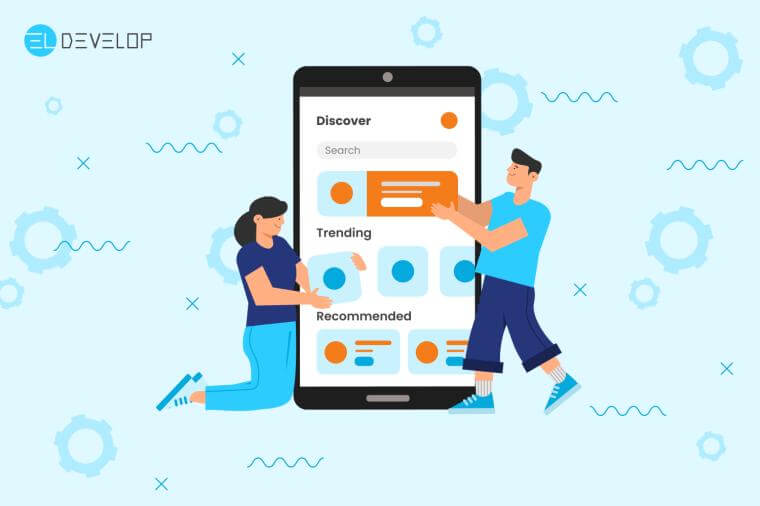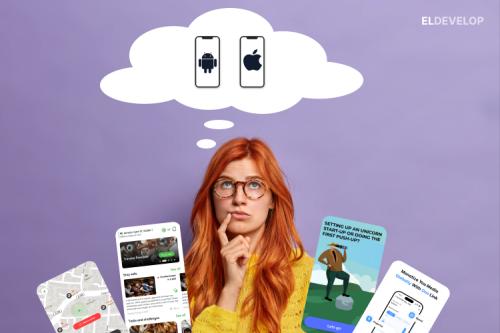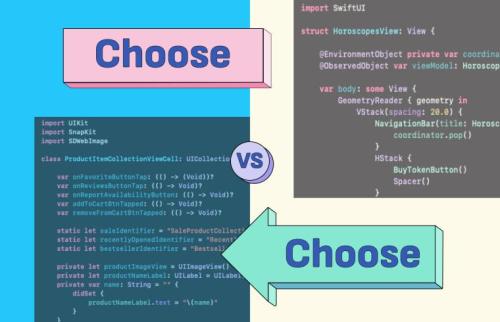
Partnering with a Mobile App Development Agency: What to Expect
In today’s fast-paced digital world, mobile apps have become essential for businesses across industries, providing direct access to customers and helping to increase engagement, sales, and loyalty. However, developing a high-quality mobile app is a complex process that requires expertise, time, and resources. For most businesses, partnering with a mobile app development agency is the best route to successfully creating an app that meets both business goals and user expectations. Here’s what to expect when working with a mobile app development agency, from initial planning through to post-launch support, including all phases of SDLC.
1. Initial Consultation and Discovery Phase
The first stage in partnering with a mobile app development agency usually involves an initial consultation to discuss your ideas, goals, and requirements. This phase, often referred to as “discovery,” helps both parties clarify the purpose of the app, its target audience, and its core functionalities. The agency may conduct research to analyze your competitors, understand the market, and identify key features that will make your app stand out.
The discovery phase is crucial for setting the foundation of your project, so be prepared to share as much information as possible about your business needs and app ideas.
2. Project Planning and Scope Definition
Once the discovery phase is complete, the agency will start planning the project in detail. This stage involves defining the scope of the project, developing wireframes, and creating a project timeline. Agencies will work with you to outline the app’s structure, core features, and design elements.
By this point, you should have a better understanding of how long the project will take and what resources will be required to complete it.
3. Design and User Experience (UX) Development
Design and user experience are crucial aspects of any mobile app. A well-designed app with an intuitive UX can make a significant difference in user engagement and retention. Most agencies employ dedicated UI/UX designers who work on creating visually appealing, easy-to-use app interfaces.
Why Your Business Needs a Mobile Development Company
Effective collaboration during this phase ensures that the app’s design aligns with your brand identity and delivers a seamless experience for your users.
4. App Development and Coding
The coding phase is where the technical work begins. This stage is often divided into frontend (user-facing) and backend (server-side) development. Agencies may follow different methodologies, like Agile or Waterfall, but most prefer Agile for its flexibility and iterative approach.
This is also the phase where agencies conduct quality assurance (QA) testing to catch bugs and ensure that the app functions as intended across different devices and platforms.
5. Quality Assurance and Testing
Before launching, your app will go through rigorous testing to ensure it meets high standards for functionality, usability, and performance. QA teams test for bugs, UI inconsistencies, and overall usability issues. Agencies conduct various types of tests, including functional, performance, security, and compatibility testing.
Testing is a crucial step for ensuring a smooth launch and positive user feedback, so expect this phase to take time as the agency works to ensure the app is bug-free.
6. Deployment and Launch
After rigorous testing and final approvals, the app is ready for deployment. This stage involves publishing the app to the Apple App Store, Google Play Store, or other platforms, depending on your target audience. The agency will manage the technical aspects of app submission, including meeting platform guidelines and configuring any necessary app store settings.
What are the main benefits of IT services for healthcare organizations?
This is the exciting moment when your app goes live and becomes accessible to users, but the journey doesn’t end here.
7. Post-Launch Support and Maintenance
After launch, ongoing support is essential to maintain app performance, fix any new bugs, and implement updates based on user feedback. Most development agencies offer post-launch support services, which may include regular updates, feature enhancements, and ongoing monitoring for performance and security.
A mobile app is a long-term investment, and continuous improvements ensure it remains relevant and valuable to users over time.
Choosing the Right Mobile App Development Agency
The success of your mobile app largely depends on the quality and expertise of the agency you choose to work with. When selecting a mobile app development agency, consider factors like:
A great agency will not only understand your vision but will also guide you through every step, offering valuable insights and expertise to make your app successful.
Partnering with a mobile app development agency can be a transformative experience, providing your business with access to specialized skills, technology, and resources. By understanding the process and knowing what to expect, you’ll be better prepared to collaborate effectively and bring your app idea to life. Remember, a successful app isn’t just about good design and coding; it’s about continuous improvement and a user-centered approach. With the right agency, your app can become a powerful tool for engaging your audience and driving your business forward.
Recent Articles
- What Makes a Great Mobile Application Development Company
- A Case Story: How Academic Research Helped Predict Software Failures Before They Happened Every software team has faced this mom
- Happy New Year 2026
- Behavioural Design as a UX Trend in Mobile Apps for 2026
- MyCountdown — a personal event tracker for iOS


